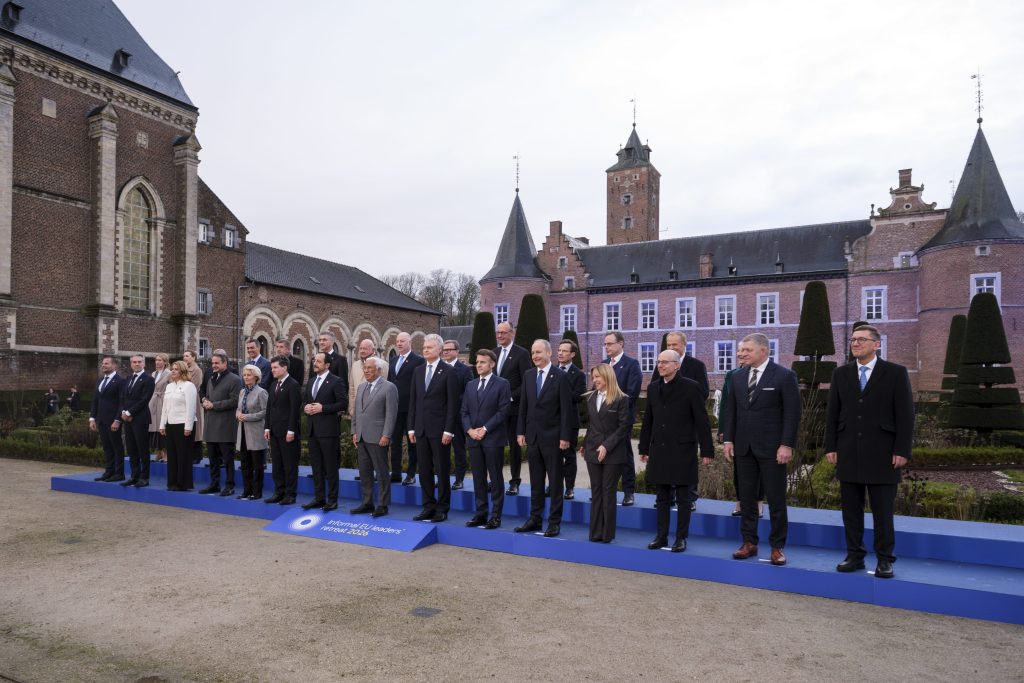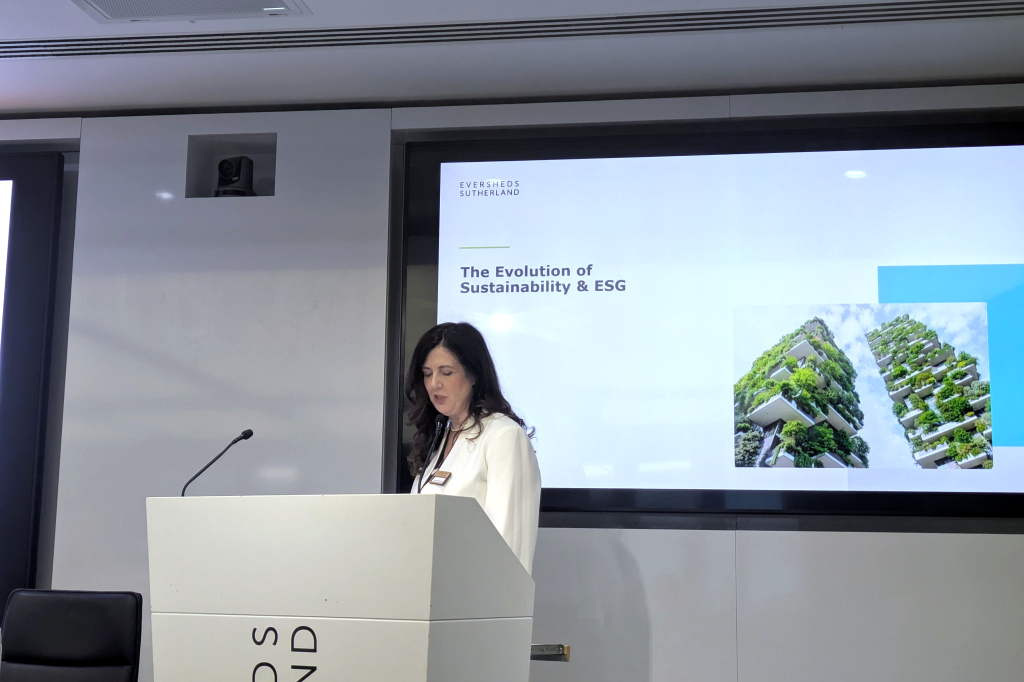Violating the commandment not to bear false witness against investors has led to charges against Inspire Investing over claims it would not make investments that went against religious values.
The SEC charged that Inspire misrepresented to investors that it engaged in “biblically responsible investing.” Inspire had promised investors it “would
Register for free to keep reading
To continue reading this article and unlock full access to GRIP, register now. You’ll enjoy free access to all content until our subscription service launches in early 2026.
- Unlimited access to industry insights
- Stay on top of key rules and regulatory changes with our Rules Navigator
- Ad-free experience with no distractions
- Regular podcasts from trusted external experts
- Fresh compliance and regulatory content every day













